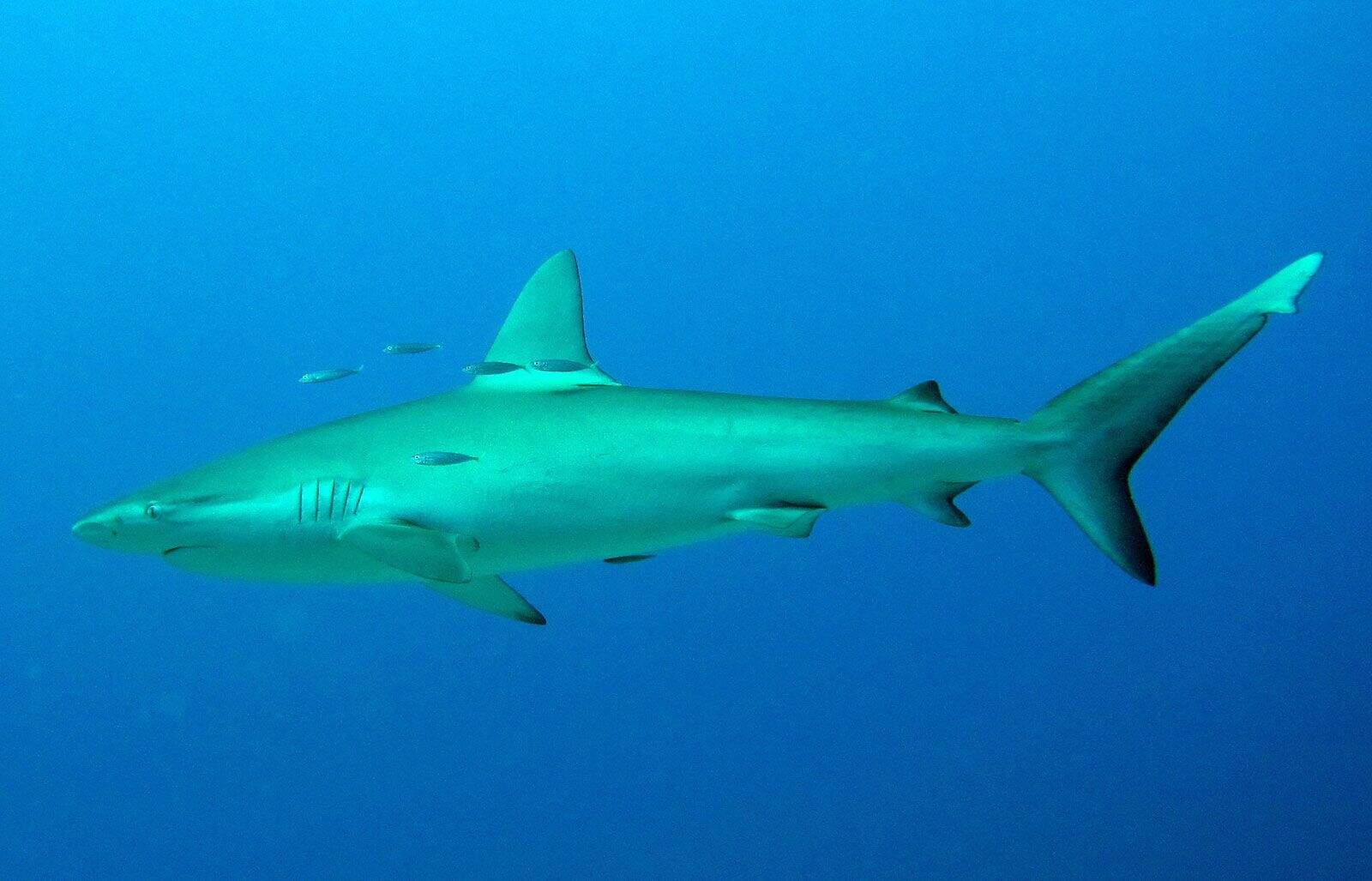Days after our report on the shark attack near Cocos Island, new details have emerged about the incident and the man involved. The diver, initially described as a Mexican tourist in his 40s, is actually Mauricio Hoyos, a 48-year-old marine biologist from Mexico with years of experience in shark research.
Hoyos led a scientific team tagging sharks in the protected waters of Cocos Island National Park when the bite occurred last Saturday. He attempted to tag a four-meter Galapagos shark at a site known as Roca Sucia, about 30 meters below the surface. The shark turned and bit the left side of his face and scalp, also injuring his arms and damaging his air hoses, which forced a quick ascent.
Park rangers and firefighters provided immediate care on the island, controlling the bleeding and stabilizing him before the long boat trip to the mainland. The remote location, over 500 kilometers from Puntarenas, meant a 36-hour journey. Hoyos reached Hospital Clínica Bíblica in San José on Monday, around 42 hours after the attack.
Doctors performed surgery to treat his wounds, and it went smoothly. He remains under observation but stays in stable condition and good spirits.
Hoyos works with the One Ocean Worldwide Coalition, a group that includes organizations like Fins Attached, For the Oceans Foundation, Reserva Tortuga, and the Rob Stewart Sharkwater Foundation. They focus on shark conservation and monitoring populations in areas like Cocos Island, a UNESCO site famous for its hammerhead and Galapagos sharks.
His colleagues expressed shock at the rare event. Alex Antoniou from Fins Attached called Hoyos an exceptional scientist dedicated to protecting sharks. Jorge Serendero from For the Oceans Foundation said they expect a full recovery soon.
Hoyos has earned several awards for his efforts, including the 2018 Researcher of the Year from Fins Attached and the 2022 Shark Guardian from Shark Project International. On the day of the attack, he received the Rob Stewart Ocean Conservationist of the Year award.
Authorities continue to review the incident to confirm safety protocols for future expeditions. Shark bites during research remain uncommon, and park officials remind divers to follow rules to minimize risks.
As Hoyos heals, his work highlights the importance of studying these animals to protect them. Cocos Island attracts researchers and divers, but events like this show the need for caution even among experts.






